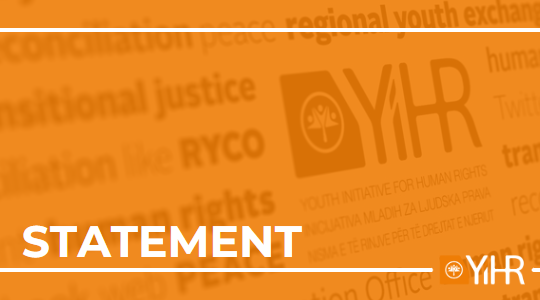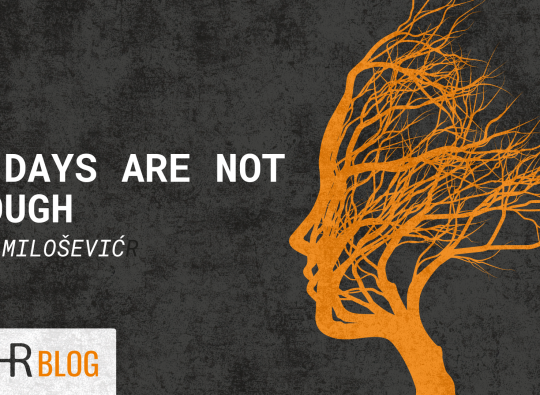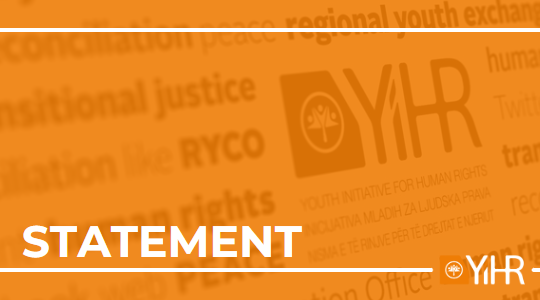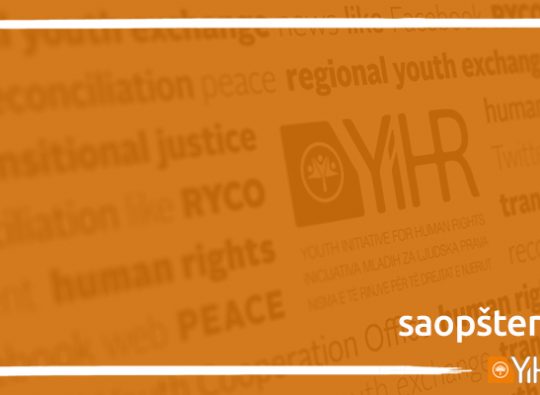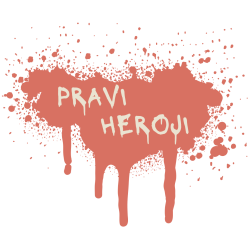As stated on the website of the UK Government, on November 28 and 29, an international conference on the prevention of sexual violence in conflict is being held in London. Ivica Dačić, the Minister of Foreign Affairs of Serbia and one of the speakers, addressed the audience. As reported by the newspaper Danas, Dacic emphasized at the conference that “this topic is particularly painful”, and that the three key words are “prevention, punishment and education” – all areas in which Serbia has done nothing even 30 years after the wars.
The fact that one of Slobodan Milošević’s close associates, who is politically responsible for the crimes that were committed, is speaking on this topic represents a complete absence of understanding and empathy for the victims and survivors. The Socialist Party of Serbia, headed by Ivica Dacic, did not renounce the politics that resulted in the most serious international crimes, even after the death of Slobodan Milosevic. In addition, the indictment of the International Criminal Tribunal for the former Yugoslavia against Slobodan Milošević also mentions sexual crimes.
On the contrary, SPS advocates for the buillding of a monument to Slobodan Milošević and actively participates in the promotion of convicted war criminals. Whether the invitation was addressed to Ivica Dačić or addressed to the Government of Serbia, we believe that this is a big failure of the organizers to create a safe space for victims, survivors and their families, and a failure to promote preventive action and guarantee that such crimes would never happen again.
The trauma of these crimes is transmitted through generations and results in deep psycho-social consequences for every person. The issue of children born as a result of wartime rape is still an unrecognized topic.
Minister Dačić also emphasized that Serbia is ready to “share its experiences with others”. This statement is particularly problematic given that Serbia does not recognize victims of sexual violence in the conflict as civilian victims of war, while other states in the region do. The efforts of civil society organizations in Serbia to legally recognize this category mostly remain ignored and unanswered by the Ministry of Labour, Employment, Social and Veteran Affairs. In Serbia women survivors of wartime sexual violence remain invisible both as victims of male violence against women and as victims of war crimes.
We believe that when it comes to this topic, the representatives of the Republic of Serbia will benefit from listening and learning from the experiences of others who recognize this crime and are working to ensure that the victims live in dignity and in peace.
Organizations:
- Youth Initiative for Human Rights Serbia
- Autonomous Women’s Center
- Women in Black
- Medika Gjakova
- Forgotten Children of War
- Vive Žene
- Medica Zenica

